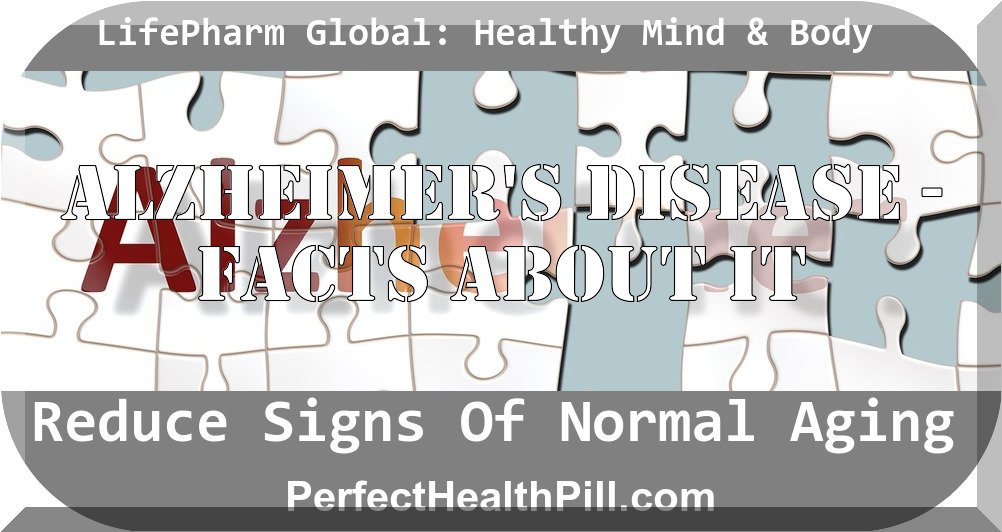
As the brain becomes affected by Alzheimer’s disease, there is also a marked decrease in important chemical messengers (neurotransmitters) (referred to as neurotransmitters) that transport information from one nerve cell to another, or from one nerve cell to the brain. One neurotransmitter is acetylcholine. As acetylcholine levels in the brain are reduced, levels of another neurotransmitter, dopamine, are also low.
Alzheimer’s is a progressive disease characterized by an accumulation of the proteins beta-amyloid protein (Aβ), and tau protein (tdap) in the brain. As these protein deposits build up in the neurons of the brain, memory and thinking abilities start to deteriorate. Once these proteins start to cause damage, it becomes difficult to remove them from the cells. Although these proteins are composed of several repeating units of amino acids and can be broken down by enzymes, they cannot be easily removed by these mechanisms.
With the progression of Alzheimer’s, more of the neurons in the brain are affected. This causes the brain to function less effectively and affects memory and thinking processes. Because of this, the person is unable to remember his or her surroundings. Some types of dementia are similar to Alzheimer’s, in that they both affect the thinking process and the memory.
As Alzheimer’s progresses, the person may begin to forget familiar people and places, and even objects. His or her speech and language become slower, making it difficult to comprehend conversations made by others. One of the most frustrating symptoms of Alzheimer’s is that the patient will often make repeated mistakes when speaking. These mistakes are sometimes due to the memory loss, but at other times, the patients simply do not know what words to use.
Other symptoms of Alzheimer’s include confusion, disorientation, and lack of coordination. Some patients may have severe headaches and problems with balance. At other times, the patient may experience seizures, convulsions, and heart palpitations. In extreme cases, the patient may not be aware of their surroundings and appear to be walking around in a daze.
Alzheimer’s can be diagnosed through various tests. One of the most effective ways is through cognitive tests, where doctors and mental health professionals can evaluate a patient’s memory and thinking abilities. Through tests such as Mini-Mental, patients are tested on a series of questions that are used to determine their reaction time, understanding, language skills, memory recall, and reasoning. Another type of test is known as the Mini-Mental Activity Scales. The patient is given timed tests while the video camera records the activity.
Please Watch the Video Below to View the Complete Testimonial.


